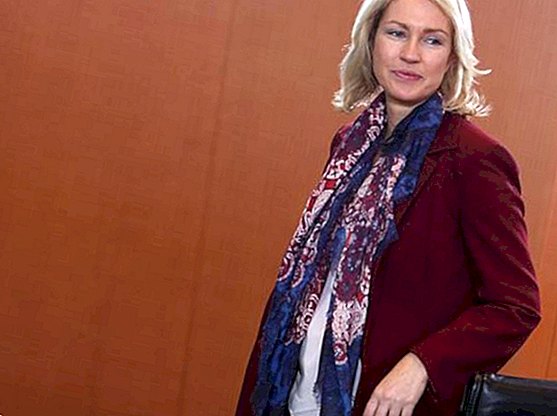Even unmarried people get grants when they want to have children

Even unmarried couples should be able to receive money from the state for artificial insemination - at least in certain federal states.
Federal Minister for Family Affairs Manuela Schwesig (SPD) confirmed in a recent press release that she would amend a corresponding directive with immediate effect.
"Parents' desire to have children must not fail because of money, so we need to support couples with unfulfilled wishes for children - whether they are married or not," said Schwesig.
It was no longer appropriate to support unmarried couples with unfulfilled desire for children less and treat them differently than married couples. Therefore, she will open the federal funding directive "Support of Assisted Reproduction Measures" also for unmarried couples. So far, they had to bear the high costs of fertility treatment completely by themselves.
The directive is to apply to six federal states
As with married couples, the condition for a grant is that the state in which they live also contributes money. According to a spokeswoman Schwesig but have "very positive signals from the countries already involved in the federal funding program". These include Mecklenburg-Vorpommern, Lower Saxony, Thuringia, Saxony, Saxony-Anhalt and Berlin.
Unfortunately, in the other federal states, such as Hamburg, Bavaria or Baden-Württemberg, there is no money from the state, which means that married people depend on the subsidies of the health insurance funds. Unmarried people still have to pay for everything themselves.
How much is paid?
Couples living in one of the six sponsoring states receive state subsidies of up to 50 percent of their remaining own share.
In the future, unmarried couples should receive subsidies from the state for the first to third treatment of up to 12.5 percent and for the fourth treatment in the amount of up to 25 percent of the cost, said the Ministry of Family Affairs.
How much the health insurance companies take over with married couples is regulated very differently. Often, the statutory health insurance companies cover half of the expenditure for the first three attempts at artificial insemination. Prospects go on empty here.
Since 2013, ten million euros have been earmarked annually for the federal initiative "Assistance and Assistance in Unintentional Childlessness". According to the ministry, the money should also be sufficient for the additional recipients. According to a study, unmarried couples have twice as many couples as married couples have an unfulfilled desire to have children.
Find out more at www.bmfsfj.de.










